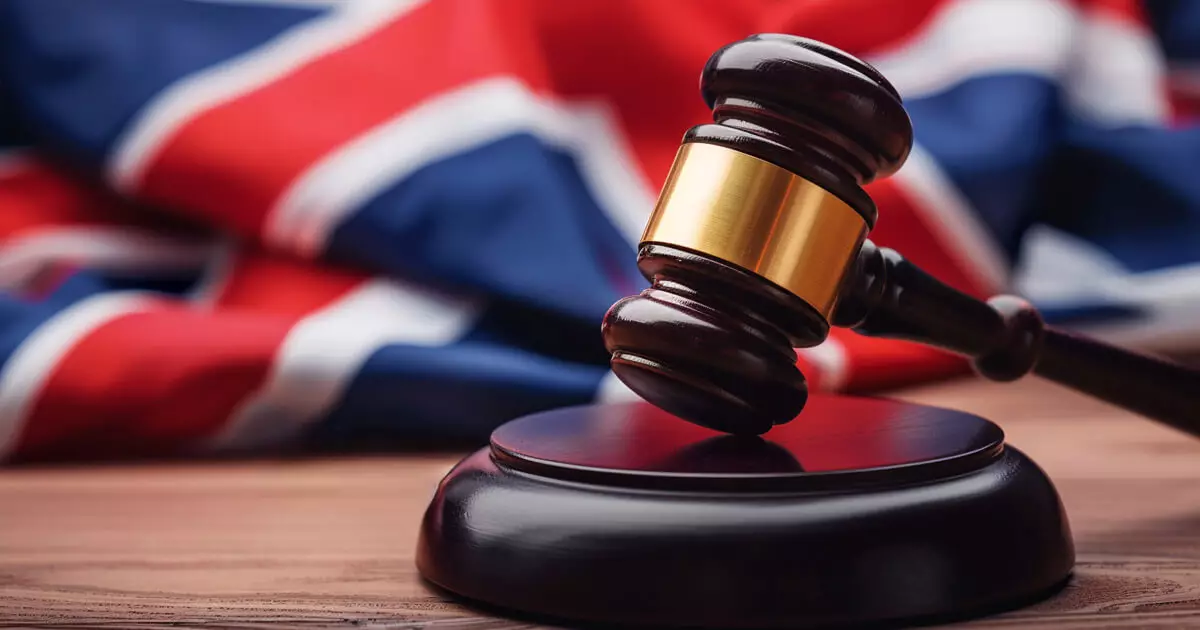Decentralized Autonomous Organizations (DAOs) have been gaining attention in the blockchain community as innovative entities designed for collective goals. The UK Law Commission recently published a scoping paper to discuss the legal implications of DAOs in the country. While recognizing the potential of DAOs, the Commission highlighted the challenges in defining and regulating these entities within current legal frameworks.
Complexities of Definition
The Law Commission emphasized the difficulties in establishing a clear definition of DAOs due to their decentralized nature and diverse structures. Commissioner for Commercial and Common Law, Professor Sarah Green, pointed out the disagreements within the legal community regarding what qualifies as a DAO. This lack of consensus complicates the application of existing laws to DAOs, raising concerns about potential legal discrepancies.
The scoping paper cautioned against hastily adapting laws to accommodate new technologies like DAOs. It warned that rushed legislation could impede innovation rather than foster it by creating barriers for these emerging entities. Instead, the Commission advocated for a thorough review of existing regulatory frameworks, such as the Companies Act 2006, to identify necessary reforms that could support the integration of DAO technology at appropriate governance levels.
The paper highlighted the example of Wyoming, where blockchain-based DAOs are recognized as legal entities. This comparison underscores the need for UK lawmakers to reconsider regulatory approaches to align with global advancements in decentralized governance. While acknowledging the potential benefits of incorporating code into corporate governance, the Commission suggested targeted law reforms to enhance the compatibility of UK laws with DAOs.
In addition to legal considerations, the Commission proposed reassessing Anti-Money Laundering regulations in light of distributed ledger technology. By exploring the potential synergies between blockchain technology and existing policies, the government could enhance the effectiveness of anti-money laundering efforts while accommodating innovations like DAOs. While refraining from endorsing a DAO-specific legal entity, the Commission advocated for adapting current company structures to accommodate technological advancements that align with established governance standards.
The UK Law Commission’s scoping paper sheds light on the complexities surrounding the legal characterization of Decentralized Autonomous Organizations in the country. Despite the challenges in defining and regulating DAOs, the Commission’s recommendations emphasize the importance of adapting legal frameworks to encourage innovation while maintaining regulatory integrity. By addressing these considerations, the UK can pave the way for a more inclusive and technologically progressive approach to corporate governance.



















Leave a Reply